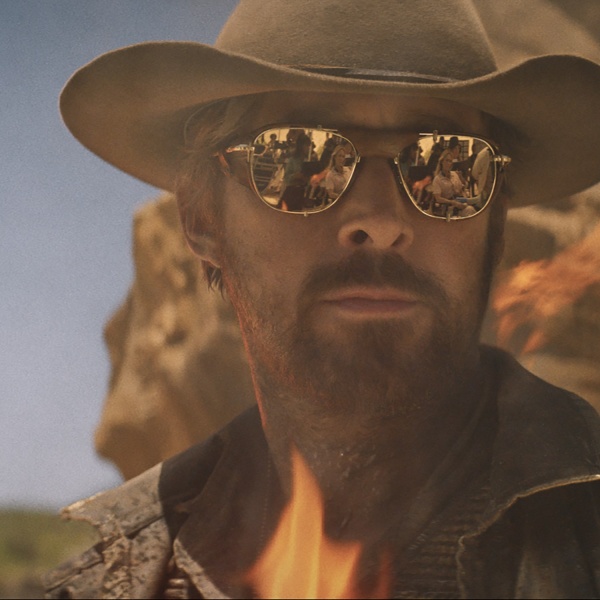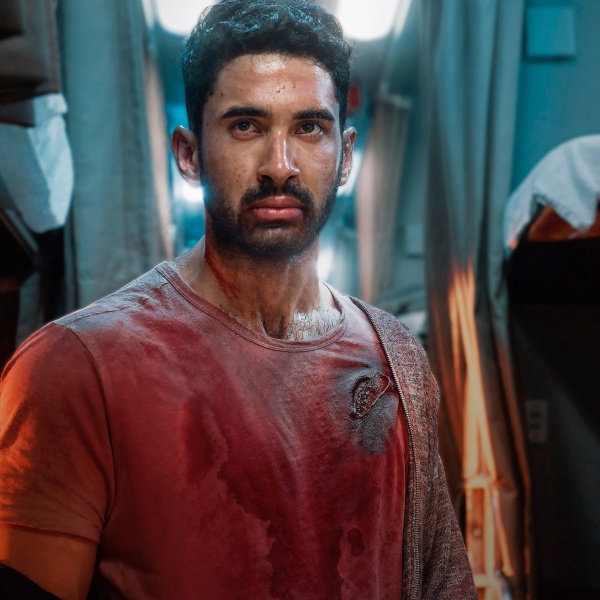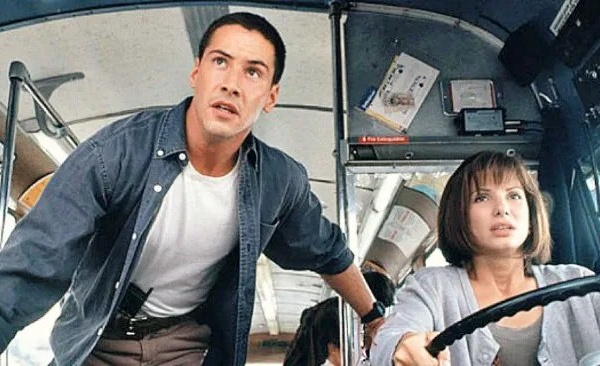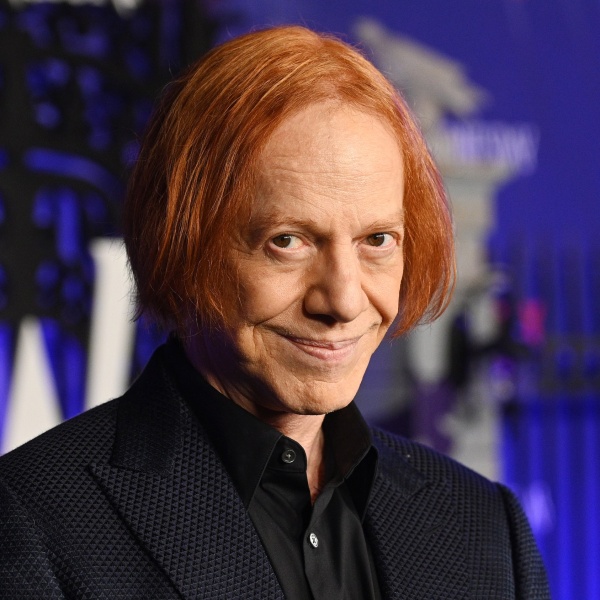
Though it had flown mostly under the radar, cinephiles were pretty thrilled a few weeks ago when the Tribeca Film Festival announced the addition of “Detachment” to its lineup. Not only was the cast top notch but behind the director’s chair was British provocateur Tony Kaye, the filmmaker behind the controversial “American History X,” a picture made over 12 years ago. In the interim, things have been tough for the notoriously difficult director and “Detachment” is only his third feature and first narrative film since 1998. “American History X” had its own infamously troubled history when star Edward Norton essentially took over the film, edited it on his own without the director, and Kaye subsequently made a gigantic stink in Hollywood, putting ridiculous ads in Variety and eventually tried to take his name off the film and replace it with the pseudonym Humpty Dumpty. Norton would go on to receive an Oscar nomination for his performance but Kaye (following an unsuccessful attempt to sue New Line Cinema) ended up in director jail for nearly a decade.
His next film, the excellent 2 ½ hour abortion documentary “Lake Of Fire,” would go virtually unseen though it seemed like things were back on track when Kaye was hired to direct the New Orleans set thriller, “Black Water Transit” with Lawrence Fishburne, Karl Urban and Brittany Snow. Despite completing the film sometime in 2008 the producers became engaged in a lawsuit, one of them calling it “unreleasable,” and it’s looking as if that film may never see the light of day as three years have gone by without a release date. Known for his outlandish eccentricities, it’s difficult to discern how much the drama that encircles Kaye is just bad luck and how much he brings on himself (unless you read that 2003 Vanity Fair profile back that certified him as a nut). But after viewing “Detachment” (and witnessing Kaye’s loopy introduction to the film), it becomes clear that Kaye is his own worst enemy.

Adrien Brody stars as Henry Barthes, a substitute teacher who floats around between troubled inner city public schools and may have a troubled past of his own. Opening with candid interview footage with (presumably) real teachers, the picture then dovetails into an interview with Brody’s character talking about the educational system. These faux confessionals are woven throughout the film as one of several narrative devices. Henry arrives at a particularly troubled school run by Principal Deardon (Marcia Gay Harden) who informs him of his sterling reputation, which is unusual in his line of work. Within minutes of arriving in the classroom, Henry is nearly assaulted by a student and a cutaway shows another teacher being spit on and threatened with gang rape.
The rest of the faculty (and rather motley crew cast) includes Christina Hendricks, Lucy Liu, James Caan, Blythe Danner, Tim Blake Nelson and William Petersen as teachers and administrators all being pushed to the brink by the oppressive hopelessness of some of their students. Unfortunately, for the most part their roles are reduced to mere minutes onscreen. (Petersen gets the worst of it, appearing in a dozen scenes but never given anything to do besides break up a fight between students.) Besides a brief flirtation and date with Hendricks’ character, Henry’s main role seems to be that of a savior. He tries to help an artistic but suicidal student (Betty Kaye) and also befriends a teenage prostitute (newcomer Sami Gayle).
A loner, as evidenced by Henry’s empty apartment in the ghetto, the film’s endless flashbacks shed some light on his traumatic childhood responsible for his behavior. Unfortunately the flashbacks are both repetitive and numerous, and don’t end up revealing much more than you might have assumed already from his disposition. Other story elements are rushed. When Hendricks’ character walks in on Henry consoling a student she automatically assumes there’s something inappropriate going on but considering their close relationship it seems like a leap for her character.
Even as the film is bad, it’s compulsively watchable. There is also some pretty obvious foreshadowing in the film and a tragic finale that recalls “American History X” but here it feels rote. Kaye’s shock tactics seem obvious and juvenile but the biggest waste here is the cast, who are completely dedicated to the material or whatever message Kaye thought he was getting at, but are squandered throughout. Written by first time screenwriter (and former L.A. public school teacher) Carl Lund, it’s an earnest and passionate effort, but it’s just not very good, and Kaye’s experimental ideas seem to undermine the narrative at every turn. Between his unconventional shooting style and his method of filming (handing the actors pages of dialogue just minutes before a scene) it’s hard to tell if there was a decent movie in there somewhere that needed rescuing by another filmmaker.
Though the story is simple, you’ve seen it before in everything from “Dangerous Minds” to “The Class,” Kaye dresses it up like fever dream. He wants to provoke but can’t seem to get a hold of a truly provocative idea. The director operates the camera himself, frequently letting parts of the frame go in and out of focus as if he’s so interested in capturing the performances he can’t be bothered to keep up with pulling focus. His wide angle lens turn domestic scenes, like the principle’s husband (Bryan Cranston in a brief cameo) trying to comfort her, into a grotesque farce. You’d like to think Kaye is in on the joke but the whole thing is sadly just deadly serious.
A bizarre, well intentioned mess, at the very least, “Detachment” is never dull. During the film, Henry brings up the term “doublethink” (popularized by George Orwell in “1984”) describing two mutually contradictory beliefs. Whether intentional or not, the film seems to send two conflicting messages. Its bleakness is contrasted by almost comical scenes of earnestness. Is the film an indictment of our educational system or is it a character study of a man coming to grips with his past? The picture can never quite decide and the two never coalesce either. So much time is spent on Henry’s outside relationships (his dying father, his teenage prostitute gal pal) that you never really get to see him getting through to the kids in his classroom. So when towards the end of the film, a previously violent student tells Henry that he’s going to miss him after he’s gone, you’re left scratching your head. While another film about a teacher with the determination to get through to his class could have been interesting with a fresh perspective, Kaye simply can’t find it, resulting in a film that feels like it’s going to have be left back to repeat a year. [D+]







